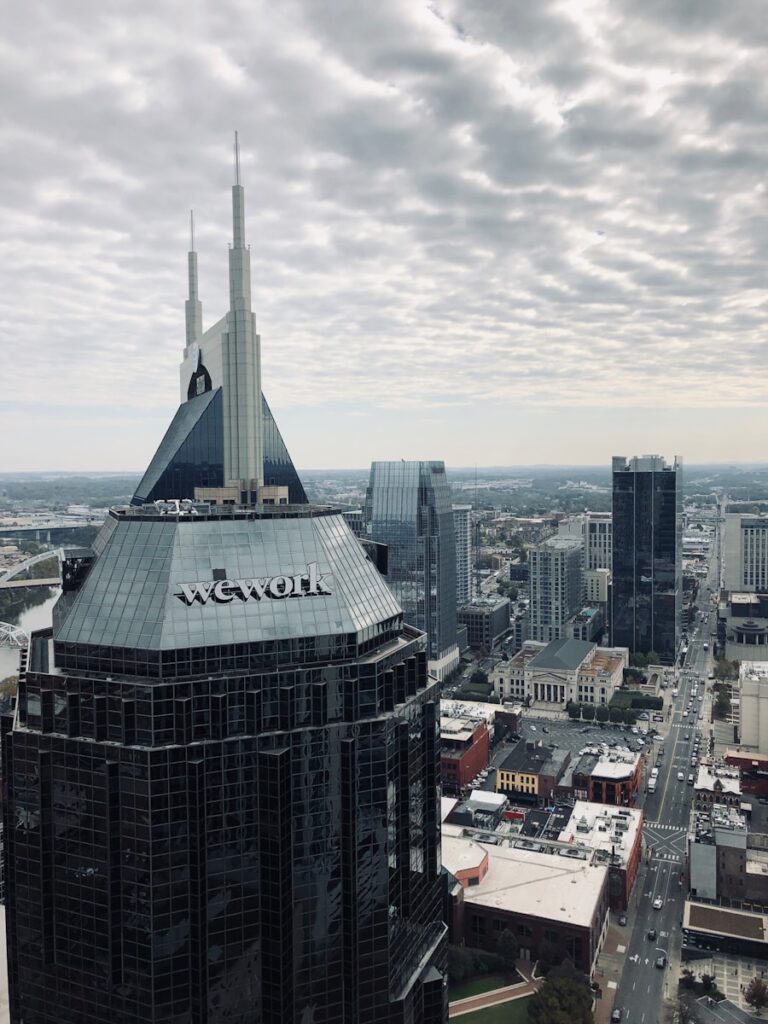Tony Walsh left a career in regeneration behind to pursue his passion for poetry. But the two have more in common than he ever imagined, as Austin Macauley discovers
Career change, re-training opportunities, searching for new avenues – these are terms we’ve become increasingly familiar with as the unemployment toll rises.
But alongside the stress and anxiety brought by mass redundancies and cutbacks over the last two years there have been a few weird and wonderful stories of people who’ve found themselves in very different jobs as a result.
An ex regeneration worker who became a horse whisperer springs to mind. Tony Walsh is another. In his case, the opportunity to take voluntary redundancy represented the chance to fulfil a lifelong yearning. Who knows whether he’d have left his job as neighbourhood manager last year to become a performance poet if the economic climate had been healthier?
But switch he did and the very day he decided to leave his post at Salford Council he got a call offering him the chance to be poet in residence at Glastonbury Festival. Since then, in his own words, his ‘stock has risen’ thanks to appearances on Radio 6, on BBC’s Football Focus earlier this year with a poem to mark the Manchester derby, numerous gigs and even a film featuring his work.
With a family and mortgage to consider, it was a big decision to turn his back on a career in local government spanning 18 years. ‘It was one of those things – I needed to see how far I could take it,’ he says. ‘Poetry was starting to take off and we all know what’s happened in the public sector.’
His career began at Manchester Council where he spent a decade in various roles before moving on to become community regeneration co-ordinator at the SRB programme in Seedley and Langworthy, Salford and then becoming a neighbourhood manager.
His transition to professional poet was gradual. He’d been writing poems since childhood but it was the decision to perform at an open mic night eight years ago that set him on the path. ‘I’d been planning to do it for years. It went really well,’ he remembers. Regular gigs soon followed, along with his first performance at Glastonbury in 2005.
Eventually he reduced his hours to devote more time to his poetry before taking the plunge last April.
But Walsh – aka Longfella, a reference to his 6ft 5in frame – is the first to admit his previous life in local government has had an enormous impact on his work and continues to influence his writing. When your work takes you into some of the poorest wards in the country it’s bound to affect your outlook on life and much of his poetry – such as Weave A Future – deals with social issues.
Local authority officer by day, poet by night – it soon became apparent that the two simply weren’t compatible and something had to give.
‘I was always professional in my job but the tension was increasing. As a writer I felt a pressure to express a view on the world. But it’s a matter of appropriateness – you have to respect the impartiality of the civil service. I didn’t want to disrespect those protocols so I made the leap.’
Perhaps it’s ironic that since then the parallels between his two careers are something he’s become increasingly conscious of.
‘Other than the pure performance side what I do now is about telling stories that don’t get heard. I spent a lot of my career in Manchester and Salford empowering, engaging, giving people a voice.’
Indeed, he now finds himself retracing his steps, working in many of the same communities as a poet to engage young people. ‘My core income is starting to be the teaching side of it. I’m equipped to go into lots of settings and offer a unique CV – poet and 20 years of working in what were officially two of the poorest wards in the country. That’s really influenced my writing and skills set.’
He laments the way in which regeneration – both the teams of people involved and the projects – has been dismantled in the face of unrelenting cutbacks. And while he’d never return to his old life even if the funding returns, the link between the two looks set to grow.
‘This year is the year that will decide whether I can make a living as a poet. If I can step up the skills and community side of things – link it back to regeneration – I think there’s a living there.’
- Contact Tony Walsh at www.longfella.co.uk or via Twitter @LongfellaPoet
- Read the full interview in the next edition of New Start, out at the end of the month






